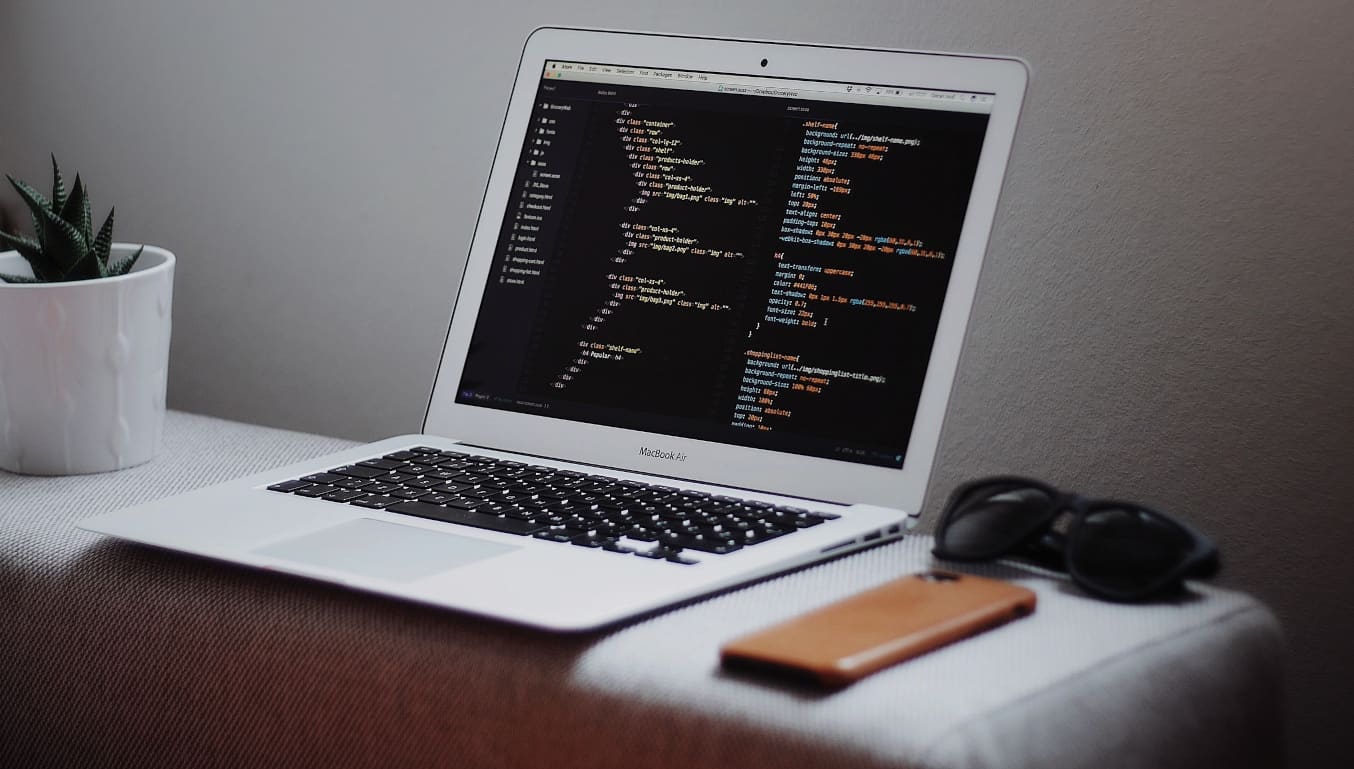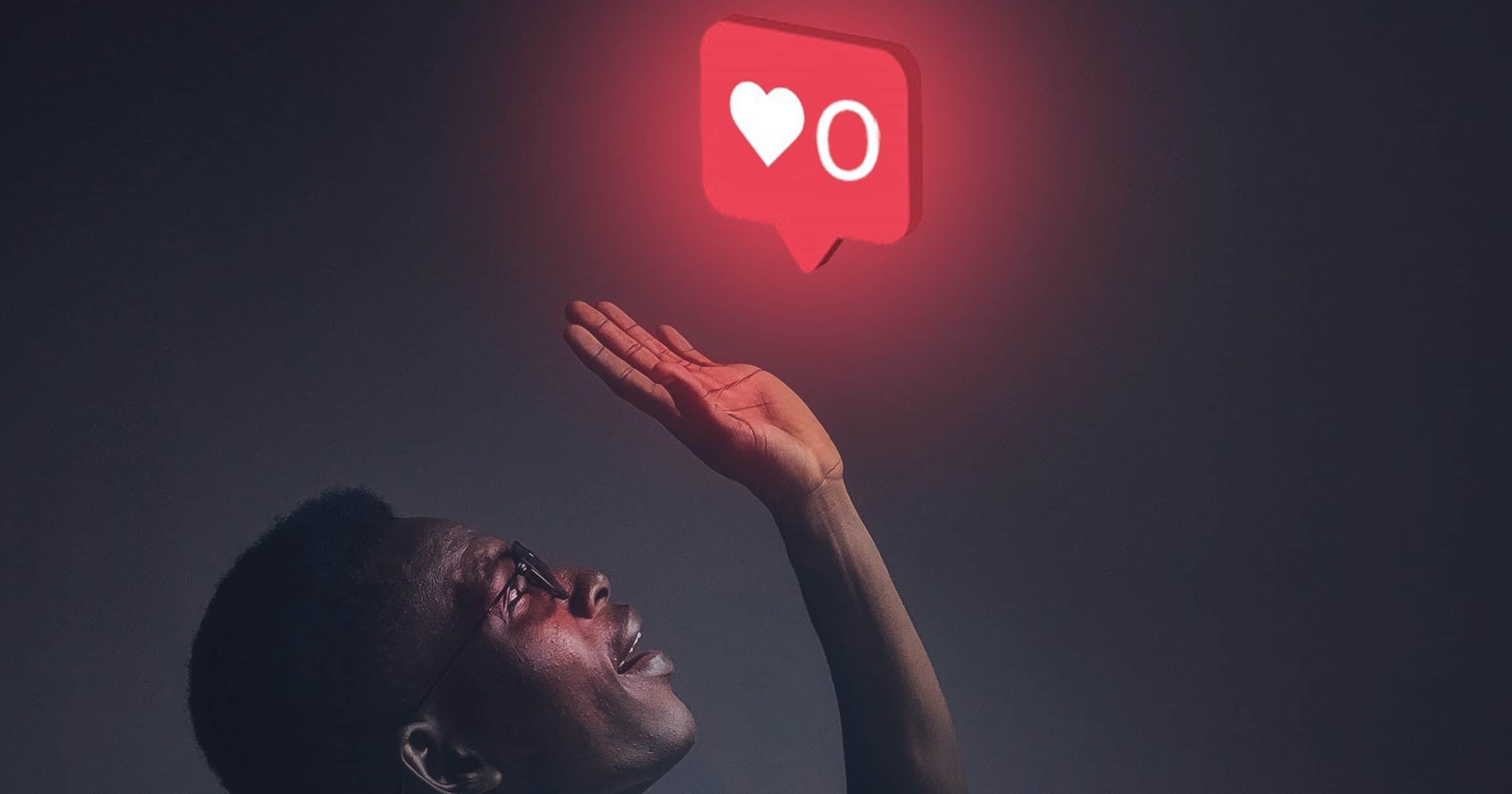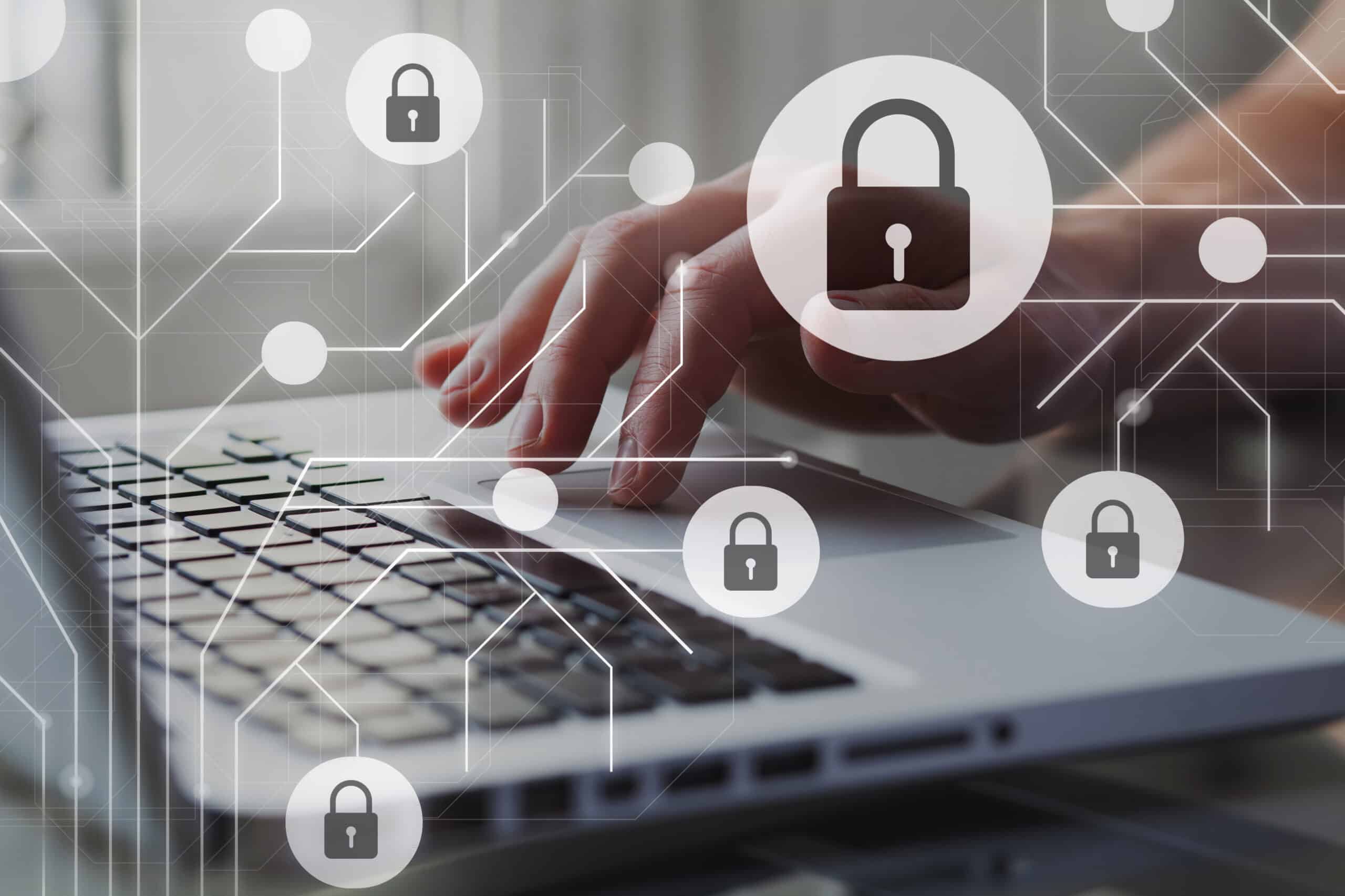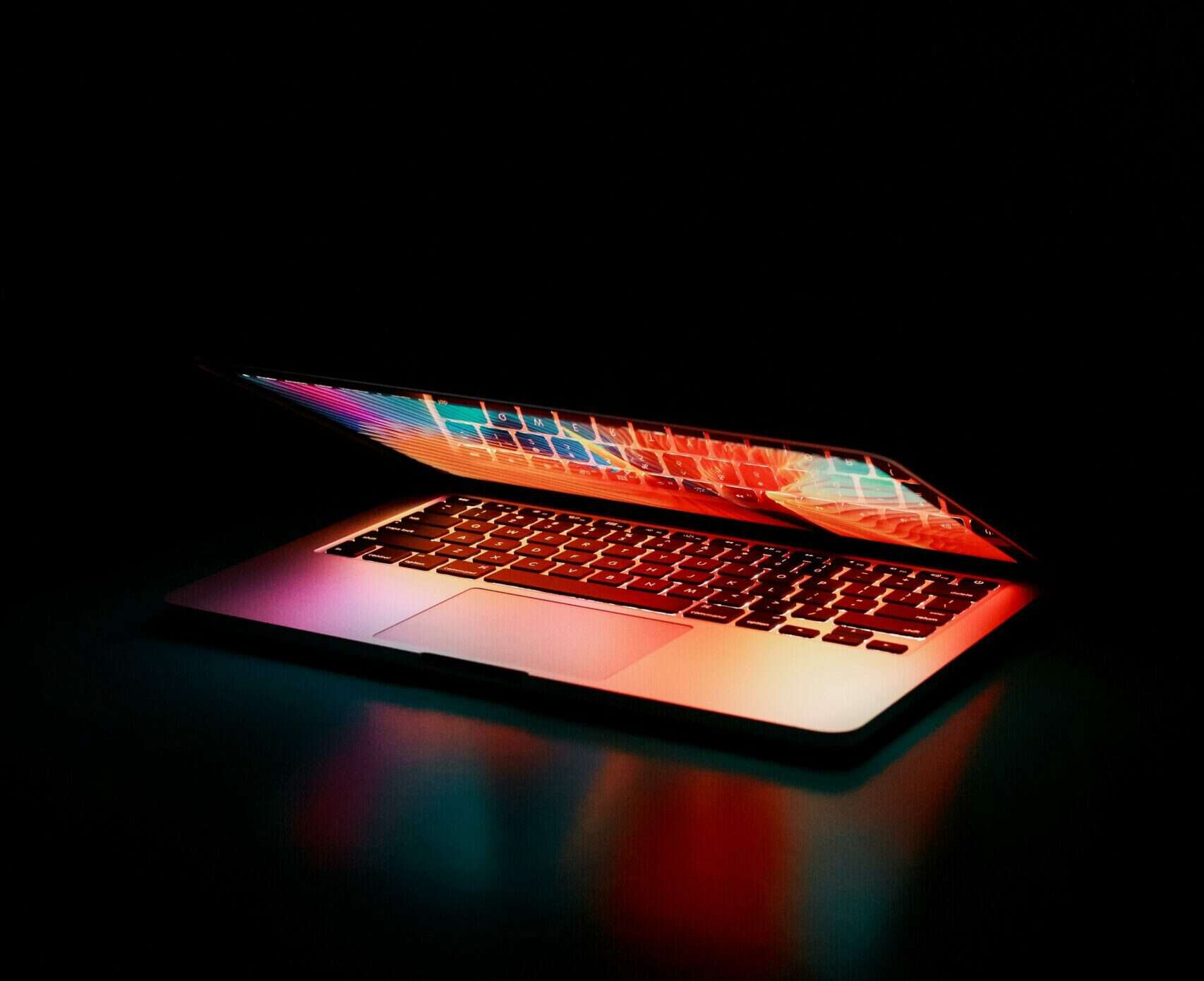Most people at work will be more affected by Artificial Intelligence in the future than they realise.
Employers and HR professionals should not imagine they will have a clear run at transforming workplaces and introducing technologies aimed at productivity and competitiveness, but which involve more intrusive controls of employees and contractors.
Globally trade unions are well aware of the risks workers face. UNI Global Union, the Swiss based union representing over 20 million workers from over 150 countries they say, is aiming at using its considerable influence to achieve a just transition to the future of work. It has produced the Top 10 Principles for Ethical Artificial Intelligence, which gives workers and unions material to inform their position with employers using AI.
It is known that AI is already displacing workers, and UNI Global is looking for a global convention to give a viable guarantee for human survival.
It is indeed totally possible that trade unions are going to gain from using AI themselves, and will offer better services at lower cost to members. Additionally they may stand to gain from more member recruitment as workers face incessant restructuring towards technologies taking over jobs.
The big demands are for transparency, “black box” recording of decisions, integrity of purpose serving People and Planet, human not robot responsibility, and protecting fundamental freedoms including lifelong learning opportunities to remain employable. These demands are to cover casual labour as well as typical employment, and are said to need a global governance mechanism.
It is known that AI is already displacing workers, and UNI Global is looking for a global convention to give a viable guarantee for human survival.
These global union principles fit alongside the Future of Work Initiative of the International Labour Organisation, which plans the presentation of its Global Commission Report and Recommendations in January 2019 to be discussed at the Centenary Session of the ILO in June.
HR professionals and all corporate leaders need to be alert to the deep concerns that will be increasing about the use of AI and other technologies that disrupt work and potentially the livelihoods of millions across the world over coming years. There may be many situations that employers manage transformation successfully and utilise technology to stay competitive.
However, the chances are that more heavily unionised workplaces will be gearing up to resist displacement by AI and robots, and unions across the world will be increasingly deploying their own ever improving use of technology to stimulate and inform workers via social media to organise against job losses or unduly intrusive workplace technologies.




